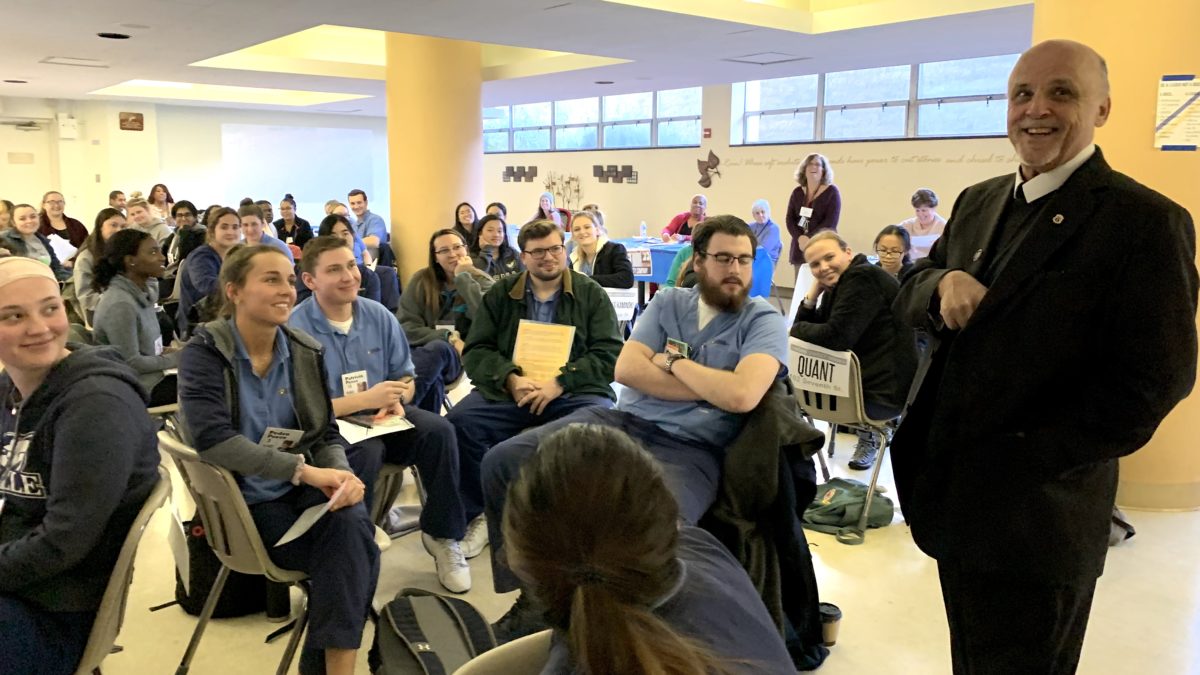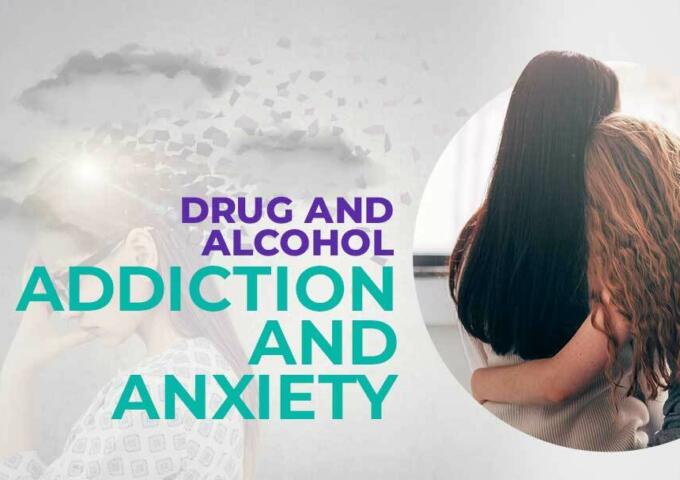Philadelphia is the poorest big city in the U.S., a country that is home to 45 million people who live below the poverty line.
We are situated in a city with a poverty rate that eclipses 26 percent, according to data from the Pew Charitable Trust Foundation and the U.S. Census Bureau.
From your neighborhood and environment, to education and economic stability, poverty affects every social determinant of health. These are defined as social and physical conditions, such as where people live, learn, work and play that affect health risk and outcomes.
As health-care providers, we develop plans of care that are evidence-based to achieve the best-possible outcomes. All too often, however, our patients fail to follow this plan of care because they lack the resources to do so. Poverty may be one of the contributing factors that preclude patients from obtaining the resources to stay healthy.
Here’s one way we can better support the health-care needs of Philadelphia’s poor: Education.
The Missouri Association Community Action Network’s Community Action Poverty Simulation (CAPS) poverty program was implemented to “provide a glimpse into the structural barriers of poverty to transform participants’ perspectives about their own communities,” and to sensitize students to the day-to-day realities of life for those living with limited resources. If students, as future health-care providers, possess a better understanding of poverty’s realities and impact, these experiential learning opportunities could in many ways directly translate to improved health care.
To launch ours, we identified and aligned with community members with whom to engage. Their insights have been key to the success of the program. The La Salle Neighborhood Nursing Center provided the link to the community. Since 1991, the La Salle Neighborhood Nursing Center, a community-based nurse managed wellness center, provides an interprofessional, holistic health-care experience that includes health screening, education, referrals and support. Through the center and the Annual La Salle Community Health Fair, community members were recruited to participate in the simulation.
One way we can better support the health-care needs of Philadelphia’s poor: Education.
Patricia Dillon, Ph.D, RN, professor of nursing, La Salle University
Once the team was established, training was provided to faculty, staff and community members. The CAPS Program consists of four 15-minute weeks representing one month in poverty. Community members and faculty are assigned to resource roles in the community, such as banker, social worker, pawn broker, utilities collector. Their responsibility is to realistically portray their role treating the families often as they are treated in real life.
In our poverty simulations, students are assigned to families and provided roles within those families. Here’s an example of one such family: four members – a single father with a son, a daughter who is attending college, and the daughter’s 1-year-old child. The simulation provides a realistic experience of the challenges confronting persons in poverty.
The goal for the families is to survive one month in poverty. All the while, they are tasked with keeping their home and family safe; working daily; maintaining child-care responsibilities; making all loan and bill payments; and meeting unexpected situations.
The greatest value of the experience occurs during debriefing. After the simulation, we engage our participants in a debrief that provides students, community members, and faculty time to share their thoughts and feelings of the experience.
Students’ responses often describe the experience as stressful. Several students commented that they had to resort to crime to survive. Students further state the experience was an eye-opener – one that has value in its authenticity, and should be required by all future health-care providers. Community members often share that this is the reality of their everyday life.
Consistent with Lasallian values, La Salle’s School of Nursing and Health Sciences rooted its mission in providing scientifically based education programs to prepare students as proficient, caring health professionals who are engaged in evidence-based practice, advocacy, service and life-long learning. The vision of the school is to give students a curricula based on the health needs of populations that mobilize social, political, health-care and educational resources aimed at the welfare of vulnerable, underserved, and diverse populations.
We achieve this – and so much more. Developing trusting relationships between the community, faculty, staff and students is a critically important derivative of these simulations, too.
Together, and through education, we are working to better support the health-care needs of the poor in this city and beyond.
Patricia Dillon, Ph.D., RN, is a professor of nursing at La Salle University, where she chairs the graduate nursing programs. She co-leads La Salle’s annual poverty simulation.




